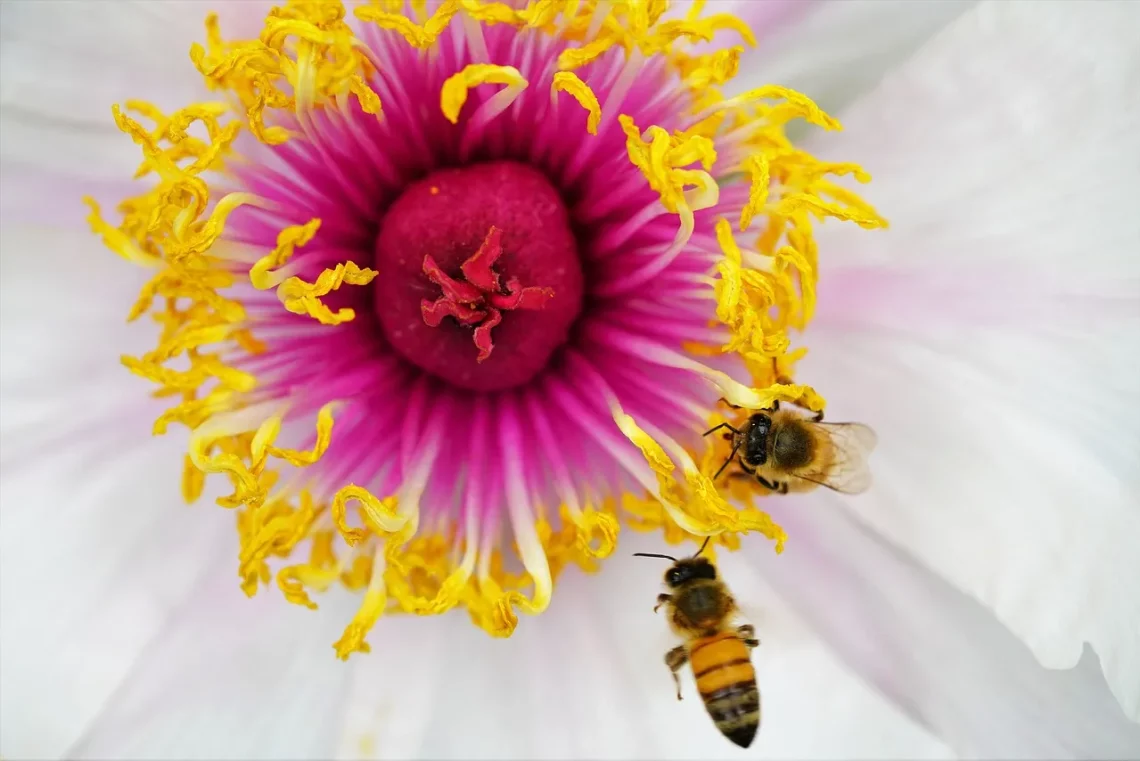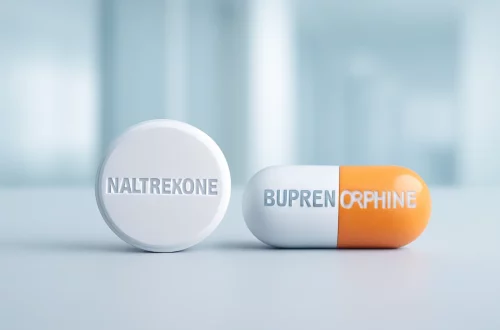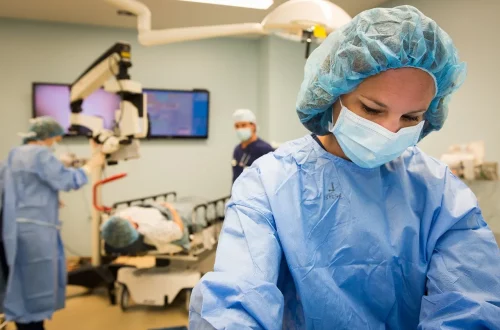
Enhancing Bee Health with Pollen Supplements for Optimal Growth
Bees play a crucial role in our ecosystem, acting as vital pollinators for a vast array of plants, including many crops that are essential for human consumption. In recent years, however, the health of bee populations has come under threat due to various factors, such as habitat loss, pesticide exposure, and climate change. As bee populations decline, the implications extend beyond the insects themselves, affecting food security and biodiversity. In this context, ensuring the health and vitality of bees has never been more critical.
One of the ways beekeepers and researchers are looking to support bee health is through the use of pollen supplements. These supplements are designed to provide bees with additional nutrients that may be lacking in their natural diet, especially in times of scarcity. Pollen is rich in proteins, vitamins, and minerals essential for the growth and development of bees. By enhancing their diet with supplements, we can potentially improve their resilience against diseases and environmental stressors. This article delves into the importance of pollen for bees, explores the various types of pollen supplements available, and highlights the best practices for their use in promoting optimal bee health and growth.
The Importance of Pollen in Bee Nutrition
Pollen serves as a fundamental food source for bees, particularly for worker bees and developing larvae. It contains essential proteins, lipids, vitamins, and minerals that are crucial for the growth and development of bees. The nutritional composition of pollen can vary significantly depending on the plant species it comes from, which means that a diverse diet is vital for the overall health of bee colonies.
Worker bees rely on pollen to produce brood food, which is a mixture of pollen and honey that they feed to larvae. This protein-rich diet is necessary for the larvae’s growth and development into healthy adult bees. Insufficient pollen intake can lead to weakened colonies, reduced reproductive success, and increased susceptibility to diseases. In the context of declining natural forage sources due to habitat loss and agricultural practices, the need for supplemental pollen becomes apparent.
Moreover, pollen is not only important for nourishment but also plays a role in maintaining the immune system of bees. A diverse diet rich in various types of pollen can enhance the bees’ ability to resist infections and stressors. Research has shown that bees fed with a varied diet have better survival rates and are more resilient to environmental challenges. This highlights the necessity of ensuring that bee colonies have access to a wide array of pollen sources throughout the foraging season.
In summary, pollen is a critical component of bee nutrition that directly affects their health, productivity, and longevity. As environmental pressures continue to mount, providing bees with high-quality pollen supplements can help mitigate the risks associated with nutritional deficiencies and promote the sustainability of bee populations.
Types of Pollen Supplements for Bees
When it comes to enhancing bee nutrition through pollen supplements, there are several options available to beekeepers. Each type of supplement has its unique benefits and can be tailored to suit the specific needs of the bee colony.
One common type of pollen supplement is pollen patties. These are typically made from a mixture of real pollen, sugar, and other ingredients designed to mimic the nutritional profile of natural pollen. Pollen patties are easy to use and can be placed directly on the top of the hive, allowing bees to access them readily. They are particularly useful during times when natural pollen sources are scarce, such as in early spring or late fall.
Another option is liquid pollen substitutes, which are often made from soy protein, yeast, and other nutrient-rich ingredients. These substitutes are designed to dissolve in water and can be added to feeders or mixed into brood chambers. Liquid pollen substitutes can be especially beneficial during the early stages of colony development, as they provide a concentrated source of nutrition that can support rapid brood production.
In addition to patties and liquid substitutes, there are also granulated pollen supplements available. These are typically made from dehydrated pollen and can be sprinkled in feeders or mixed into hive material. Granulated supplements can be advantageous because they can be stored for long periods without losing their nutritional value, making them a convenient option for beekeepers.
Lastly, some beekeepers opt for natural pollen collected from various flowering plants. This option is highly beneficial because it provides bees with a diverse range of nutrients and can be stored for future use. However, collecting natural pollen requires careful management and understanding of local flora to ensure that bees have access to a varied diet.
In conclusion, understanding the various types of pollen supplements available allows beekeepers to make informed decisions about how best to support their colonies. By choosing the right supplements based on the nutritional needs of bees and the specific conditions of their environment, beekeepers can enhance bee health and contribute to the overall well-being of these essential pollinators.
Best Practices for Using Pollen Supplements
Successfully incorporating pollen supplements into a bee’s diet requires careful consideration and best practices to maximize their benefits. Beekeepers should focus on timing, quantity, and monitoring to ensure the health of their colonies.
First and foremost, timing is crucial when introducing pollen supplements. It’s important to assess the natural availability of pollen in your area. For instance, early spring is often a critical period for bee colonies as they begin to build up their populations. During this time, natural pollen sources may still be limited. Introducing pollen supplements during this period can help boost brood production and overall colony strength.
Another important factor is the quantity of pollen supplements given to the bees. Over-supplying can lead to waste and may disrupt the natural foraging behavior of bees. Conversely, under-supplying may not provide adequate nutrition. Beekeepers should monitor their colonies closely and adjust the amounts based on the observed activity and needs of the bees. Generally, providing small amounts frequently is preferable to offering large quantities at once.
Regular monitoring of the colonies is essential for assessing the effectiveness of pollen supplements. Beekeepers should check for signs of healthy brood production, increased foraging activity, and overall colony vigor. If there are any signs of issues, such as slow brood development or increased disease presence, it may be necessary to reevaluate the type and amount of supplements being used.
Additionally, it is vital to ensure that the pollen supplements are stored properly to maintain their nutritional value. Exposure to moisture and heat can degrade the quality of the supplements. Beekeepers should store them in cool, dry conditions and check for spoilage before use.
In summary, using pollen supplements effectively requires careful timing, appropriate quantities, and diligent monitoring. By following these best practices, beekeepers can significantly enhance the health of their colonies and contribute to the sustainability of bee populations, ensuring they continue to play their crucial role in our ecosystem.
**Disclaimer:** This article is intended for informational purposes only and should not be considered medical advice. If you have health concerns regarding bee populations or agricultural practices, please consult a qualified professional or healthcare provider.




